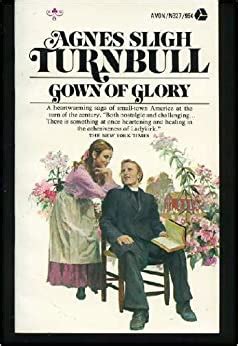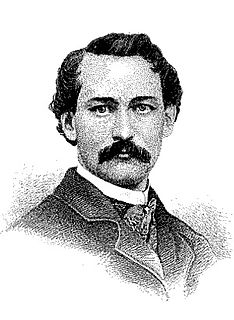A Quote by Agnes Sligh Turnbull
There is still vitality under the winter snow, even though to the casual eye it seems to be dead.
Related Quotes
When death comes, it's just like winter. We don't say, "There ought not to be winter." That the winter season, when the leaves fall and the snow comes, is some kind of defeat, something which we should hold out against. No. Winter is part of the natural course of events. No winter, no summer. No cold, no heat.
Even in a minute instance, it is best to look first to the main tendencies of Nature. A particular flower may not be dead in early winter, but the flowers are dying; a particular pebble may never be wetted with the tide, but the tide is coming in. To the scientific eye all human history is a series of collective movements, destructions or migrations, like the massacre of flies in winter or the return of birds in spring.
It was a bad one, the Winter of 1933. Wading home that night through flames of snow, my toes burning, my ears on fire, the snow swirling around me like a flock of angry nuns, I stopped dead in my tracks. The time had come to take stock. Fair weather or foul, certain forces in the world were at work trying to destroy me.
In London the day after Christmas (Boxing Day), it began to snow: my first snow in England. For five years, I had been tactfully asking, 'Do you ever have snow at all?' as I steeled myself to the six months of wet, tepid gray that make up an English winter. 'Ooo, I do remember snow,' was the usual reply, 'when I were a lad.'
Twas a jolly old pedagogue, long ago, Tall and slender, and sallow and dry; His form was bent, and his gait was slow, His long thin hair was white as snow, But a wonderful twinkle shone in his eye. And he sang every night as he went to bed, "Let us be happy down here below: The living should live, though the dead be dead." Said the jolly old pedagogue long ago.
Books of natural history make the most cheerful winter reading. I read in Audubon with a thrill of delight, when the snow covers the ground, of the magnolia, and the Florida keys, and their warm sea breezes; of the fence-rail, and the cotton-tree, and the migrations of the rice-bird; of the breaking up of winter in Labrador, and the melting of the snow on the forks of the Missouri; and owe an accession of health to these reminiscences of luxuriant nature.





































